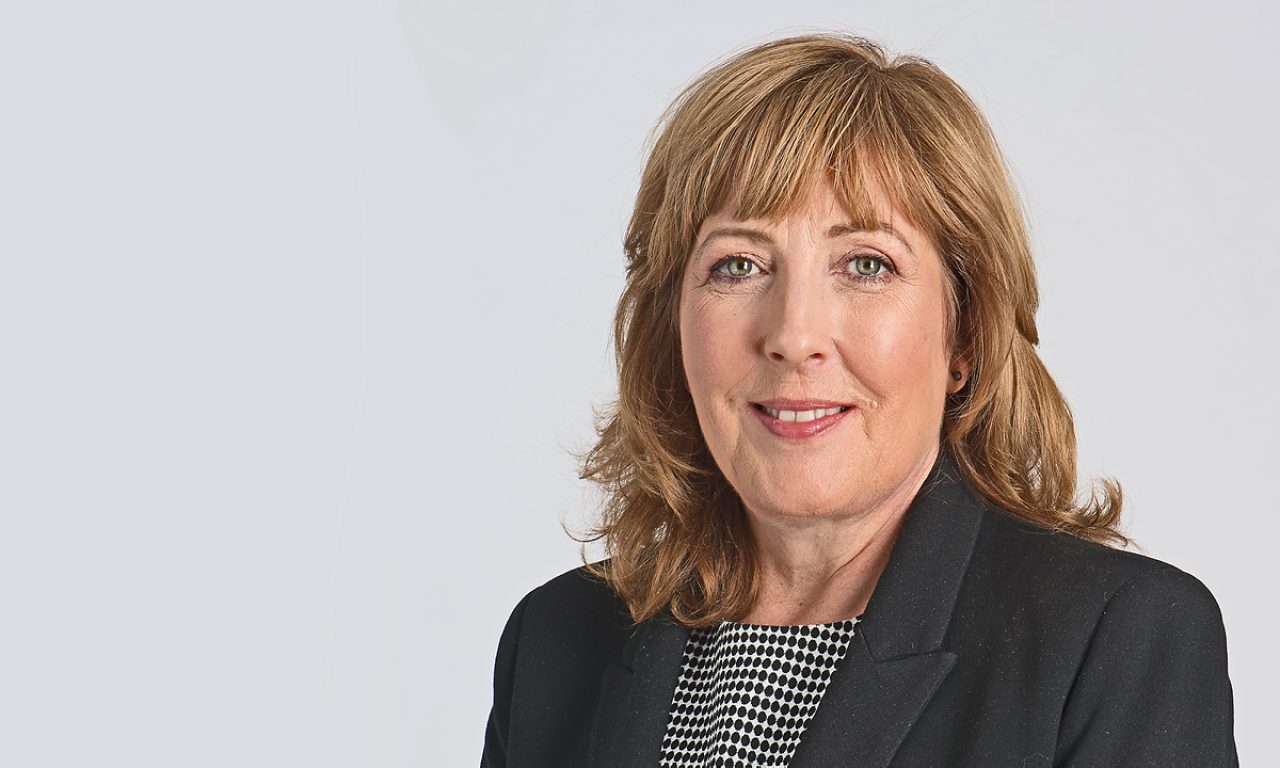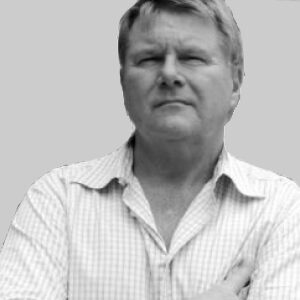The United Nations’ Principles for Responsible Investment has elevated the importance of human rights and other social issues, including labour rights, in its latest three-year policy strategy. But climate change remains the number one issue for the organisation in the coming years.
PRI, which was formed in 2006 and is the only global organisation addressing the multifarious issues associated with responsible investing, represents more than 3,600 signatories including 650 asset owners – mainly big pension and sovereign wealth funds – responsible for assets totalling more than US$100 trillion ($A129 trillion). In its first year, PRI had just 86 asset owners as members.
Reynolds, who joined as chief executive in London in 2013 after running Australia’s AIST for not-for-profit super funds for seven years, says that in the early days when investors started to evaluate and implement ESG principles, they tended to focus on the ‘G’ and, more recently, the ‘E’. “The ‘S’ was always left behind,” she said in an interview (January 22). “We are trying to elevate social issues.”
On a recent visit back to Australia, extended because of various COVID constraints and including a holiday on the NSW south coast which was lengthened by the Victorian border closure, Reynolds said PRI was trying to build a bridge between the integration of ESG factors in portfolios and what was their result in the real world. When she started at the organisation it was more about how investors and managers handled the risks in their portfolios.
Following the universal adoption of the Sustainable Development Goals (SDGs) by investors as well as governments, providing guidance on how to invest in line with them had become an important consideration.
The SDGs, launched by the United Nations in 2015, involve 17 goals and 169 specific targets, which the member nations hope to achieve by 2030. Because of their public policy genesis, implementation by investors is not clear cut. PRI is working on helping them to integrate SDGs within an ESG framework, which for many investors is still being integrated across their portfolios.
One benefit will be to avoid, or at least reduce, what is now being called “rainbow washing” by managers or investors who are keen to tell their constituents that they are on the case without necessarily doing a lot about it, much as has happened under the pejorative terms of “greenwashing” for environmental concerns and “impact washing” to dress up standard investments as making an impact for the betterment of society. The term refers to all the colours of the rainbow represented across the ambitious number of goals and targets.
Following consultation with members and other groups, PRI recently published a five-year program aimed at improving human rights, which would eventually – in another five years – result in mandatory reporting by members as is done now for climate change.
As the name suggest it might, PRI has its own principles to abide by. They are:
- We will incorporate ESG issues into investment analysis and decision-making processes.
- We will be active owners and incorporate ESG issues into our ownership policies and practices.
- We will seek appropriate disclosure on ESG issues by the entities in which we invest.
- We will promote acceptance and implementation of the Principles within the investment industry.
- We will work together to enhance our effectiveness in implementing the Principles.
- We will each report on our activities and progress towards implementing the Principles.
Reynolds describes the PRI as a “big tent” organisation, which is open to everyone in the investment industry, including those funds and managers which have only recently embarked on the ESG journey. Europe, for instance, tends to be much further advanced than the Asian region on ESG matters.
PRI, “the home of global responsible investing”, does not act as a policeman to the sector, Reynolds says, but the notion comes up whenever people talk about what it means to be a signatory. “Every member has to report annually and make that public,” she says. “We continue to increase the depth of reporting. We score them across their reports and continue to make getting the highest score more difficult… But even if you are just getting started, you should also be able to join. We also showcase leadership. It would be difficult to play a regulatory role because we are more of a norms-setting organisation… We have a reporting framework and make the reports public so other investors and NGOs can see them too. But we don’t want to become a ratings agency; there are plenty of those already.”
PRI works hard at getting sustainability embedded in regulations on stewardship but does not see itself as an advocacy organisation or lobby group, preferring to work with governments behind the scenes, including on many government and industry committees. PRI’s Nathan Fabian, for example, another Australian who is the organisation’s chief responsible investment officer, chairs the EU committee working on sustainability standards.
PRI also works hard at being inclusive and democratic. On the global board, there is an independent chair and two UN positions, with all others being elected by the membership. With its own working and advisory groups, at any point in time there would be about 600 members involved in different groups.
With respect to the latest three-year strategy, there was a consultative process seeking the views of all members, a draft policy paper and a final strategy which is scheduled to go to the board for final approval in early March. That formal approval may take several months, following further discussions. In the meantime, the organisation continues to work on a number of projects. “Nothing ever seems to come off the list,” Reynolds says. “It’s only ever added to.”
The new reporting strategy, with new minimum standards, is designed to increase accountability and goes to what it means to be a signatory. PRI also launched a project called ‘Driving Meaningful Data’ which is aimed at helping investors extract what is meaningful and comparable among everything which is collected from various sources.
Its individual policies are prioritised by geography, as well as ranking in terms of resources to be expended. So, with the number one policy of climate change issues, a special focus is made on the biggest polluters – the EU, North America and China.
“Trump made things as difficult as possible,” Reynolds said. “The Biden administration understands climate risk and we will be working with them.” Only the very largest investors in the world were able to have an influence over governments on their own, she said. PRI did a lot of work with investors, for example as part of the Climate 100+ group of 545 investors and 167 companies which speaks for about US$52 trillion and is the largest such investor group in the world.
“When I started here, responsible investing was not at the top of everyone’s agenda,” she said. “We had a very small budget.” But she was able to draw on her experience of running AIST, funded initially by a small group of famously money conscious industry funds, starting out with a manager-sponsored conference, CMSF. “We’re still a lean organisation, but we were able to fund ourselves from our growth,” Reynolds said. “We’re still very conscious of who we represent and what we’re trying to do… Working in the Australian super industry made me quite resilient.”


